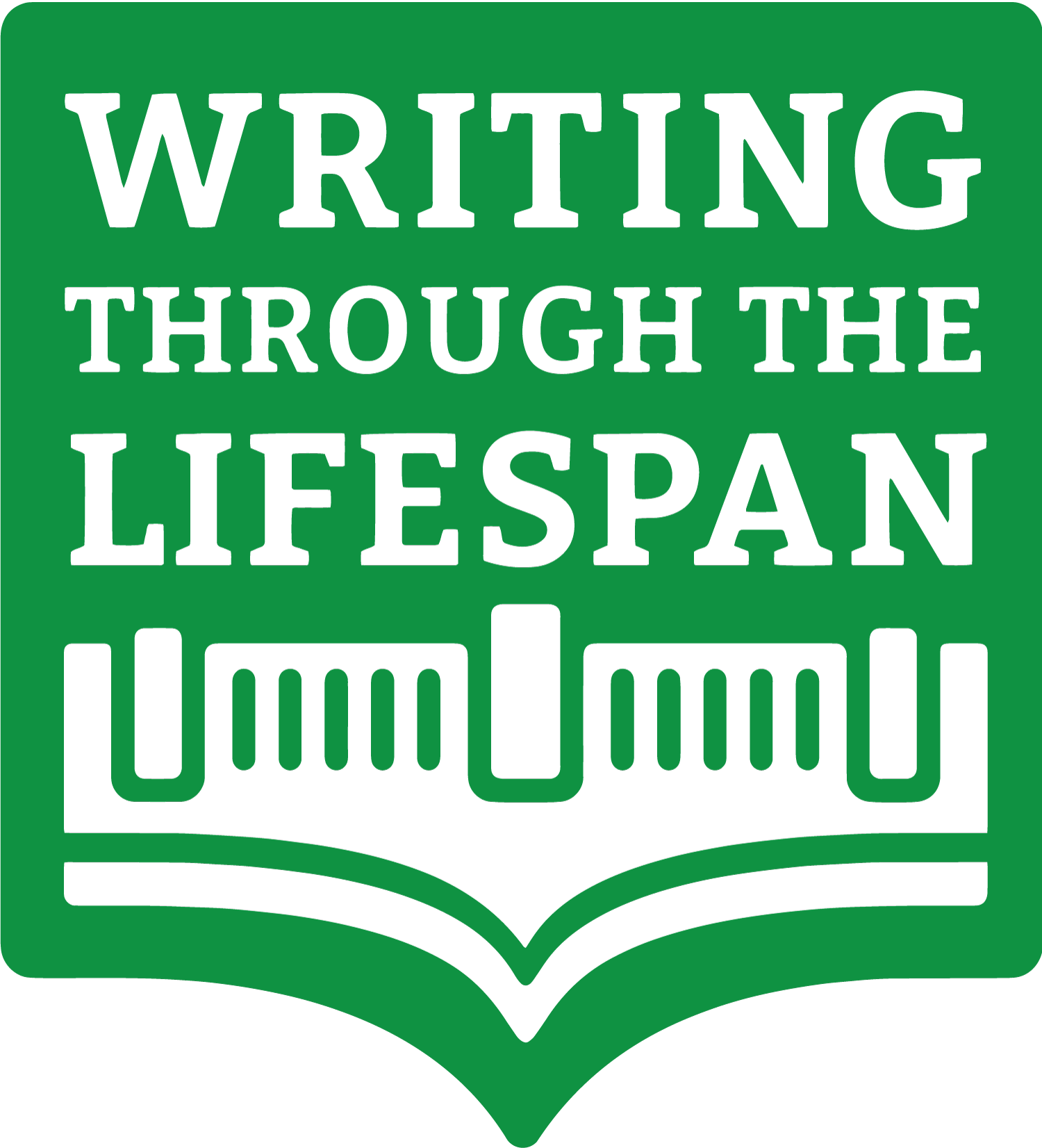Writing Through the Lifespan is a collaboration of nearly 40 scholars around the world who are in the beginning stages of sharing related and complementary research studies focused on key conceptual and developmental aspects of writing across one’s life (lifespanwriting.org). This burgeoning research community invites proposals for its inaugural conference, “Theory, Identity, and Society in Lifespan Writing Research” to be held May 31-June 1, 2018 in Athens, Ohio, USA. The goals of this first gathering are to (1) showcase writing research using a lifespan perspective, (2) to further such research, and (3) to provide an opportunity for lifespan researchers to network.
All researchers who investigate writing (broadly defined as inscribed, multimodal communication within and across communities of life and work) within and across any populations and who adopt longitudinal, developmental perspectives are encouraged to submit proposals. We particularly seek research that addresses the following questions:
Theory
What new language and metaphors can we use to think about writing and the development of writers?
How might we account for the complexity and variability of writing across different epochs of the lifespan?
What role might normativity, models, and constructs play in our emerging attempts to understand writing from cradle to grave?
Identity
How is awareness at work in writers’ emerging understandings of themselves as writers across their lives?
How do perceptions of role and agency within communities of writers shape writing identity?
How does motivation and affect shape perceptions of a writing self, as well as literate action?
How do the technologies/media available for writing influence writer identity?
Society
How might the relationships among writing curricula, writing pedagogy, and life outside of schooling be understood from a lifespan perspective?
In what ways can we frame the histories, systems, and individuated action involved in writing for research purposes that respects both the complexity of the phenomenon and the demands of a research agenda?
How does the proliferation of writing media (e.g. social media, digital composing) and the increasing accessibility of those media impact writers’ understanding of their work and its value?
What mechanisms can we use to set local moments of writing in relation to more expansive and increasingly digitized systems of literate activity?
We seek proposals for individual research presentations (20 minutes), panel presentations (3 or more researchers, 60 minutes total), or work-in-progress presentations (10 minutes of presentation followed by 15 minutes of discussion).
Individual Research Presentations:
This category is for oral presentations on individual research that is connected to one (or multiple) of the above themes. Individual research presentations will be grouped thematically to specific topics or by broad conference theme by conference committee members during the review process. Individual research presentations allow for researchers to propose new ideas grounded in the literature or to report on findings from either in-progress or completed research projects. Presenters will have 20 minutes (15 minutes speaking with 5 minutes for questions).
Word count limit: 350 words
Panel Presentations:
This category allows multiple researchers to examine one topic (either a theme or subtheme) from a variety of perspectives or from an in-depth perspective. Panel presentations should be submitted by a team of researchers (3+) and should be focused on a specific linking theme or topic. Submissions should include a brief statement concerning how the panel session will be structured (i.e., three separate presentations, presentations of different lengths, two presentations with a discussant, etc.). Panels will have 75 minutes (60 minutes for all speakers with 15 minutes for questions).
Word count limit: 850 words (750 for presentations and 100 for session description)
Work-in-Progress Presentations:
This category is for projects or ideas in their early stages or already in progress that would benefit from discussion and insights from colleagues. Work-in-progress presentations will be done in roundtable formats grouped thematically to allow for discussions amongst colleagues. Submissions should include sufficient information about the project and potential questions that the researcher is seeking feedback or further insights about. Presenters may share empirical findings in this format as well, and we encourage discussions around preliminary findings that might spark future research trajectories with projects that are currently underway. Presenters will have 25 minutes (10 minutes speaking with 15 minutes for discussion).
Word count limit: 350 words
Proposals are due by February 15, 2018 and should be submitted here. Participants may EITHER submit proposals for an Individual Research Presentation OR as part of a Panel Presentation. All participants are eligible to submit a Work-in-Progress proposal in addition to an Individual or Panel proposal. All co-authors and affiliations will be entered at time of submission. Presenters will have the opportunity to submit their work for possible inclusion in an edited collection on lifespan writing.
Conference Organizers: Talinn Phillips, Ohio University & Ryan Dippre, University of Maine
Conference Committee: Diana Arya, University of California at Santa Barbara
Jessica Early, Arizona State University
Nick Jackson, University of Louisville
Matthew Zajic, University of California at Davis
